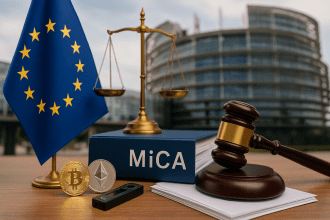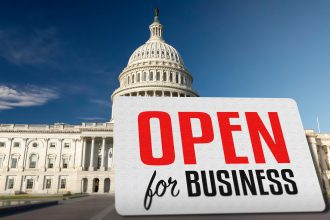FinCEN didn’t ditch its old rules it just stretched them to cover the new world of crypto. Sitting under the Treasury, FinCEN acts like the country’s financial detective, teaming up with cops, banks, and regulators to track down dirty money and suspicious transfers. Its power comes from the Bank Secrecy Act, which gives it authority to demand reports, keep records, and watch financial flows. Now that digital assets are part of the game, FinCEN’s reach has extended to cover “virtual currencies” too, treating crypto businesses a lot like traditional money transmitters.
If you’re running a crypto exchange, swapping coins, or moving value between wallets, FinCEN probably sees you as a money service business. And that means rules registration, anti money laundering programs, background checks, and reports whenever something looks off. The “Travel Rule” even applies here, requiring companies to include sender and recipient details for big transfers. Regular people trading or holding crypto for fun? They don’t have to worry about that.
But crypto never sits still. FinCEN keeps an eye out for shady stuff like mixers or anonymous kiosks that hide where money comes from. It regularly updates its rules to match new tech, trying to keep up with innovation without losing control. For crypto companies, that means more paperwork, tighter systems, and constant adjustments just to stay compliant.
And honestly, it’s not simple. DeFi platforms and self custody wallets don’t fit into the old boxes regulators built decades ago. The government wants transparency. Users want privacy. Both sides have a point. But when the balance tips too far either way, things break. Non compliance can cost companies millions, or worse, shut them down. Cross border transactions only add chaos every country wants its say. So yeah, staying compliant in crypto feels like chasing a moving target. But it’s one worth chasing if the industry wants to grow without losing what makes it exciting in the first place.






















